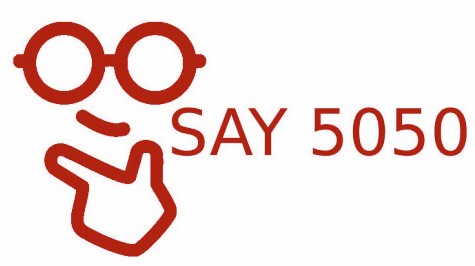Pavel Durov, CEO of the messaging app Telegram, was arrested on Saturday at an airport north of Paris. The arrest was made under a warrant related to allegations of insufficient moderation on the platform. Durov faces accusations of failing to address criminal activities, including drug trafficking, child exploitation, and fraud.
Telegram’s Response to the Arrest
Telegram responded to the arrest by asserting that its moderation practices align with industry standards and are continuously improving. The company emphasized, “It is absurd to claim that a platform or its owner are responsible for abuse of that platform.”
The company also highlighted its compliance with European Union regulations, including the Digital Services Act, which ensures a safe online environment. “Almost a billion users globally use Telegram as a means of communication and as a source of vital information,” the statement read.
Details of Durov’s Detention
Durov’s detention has been extended and could last up to 96 hours. The 39-year-old, originally from Russia and now residing in Dubai, holds citizenship in both the United Arab Emirates and France. Telegram is widely used in Russia, Ukraine, and other former Soviet states.
Background and Previous Issues
The app was previously banned in Russia in 2018 after Durov refused to provide user data to Russian authorities. The ban was lifted in 2021.
Russia’s Response
Russia’s foreign ministry has expressed concern over Durov’s detention, with the Russian embassy in France seeking clarification on the situation and ensuring Durov’s rights are protected. The embassy criticized the French authorities for not cooperating with Russian officials.
Russian officials, including Kremlin spokesman Dmitry Peskov, have called for more information on the specific accusations against Durov before making further comments.
Criticisms and Moderation Challenges
Telegram has faced criticism for its role in hosting extremist content. Critics argue that the platform’s large group sizes, up to 200,000 members, facilitate the spread of misinformation and illegal content. In the UK, Telegram was scrutinized for hosting far-right channels involved in recent violent incidents. Although Telegram has removed some problematic groups, cybersecurity experts note that its moderation system is less effective compared to other major social media platforms.






